Microsoft's $1bn OpenAI partnership underpinned with closer Azure ties
Efforts to create generalised AI are "the most important technological development" in history


Microsoft has invested $1 billion into an industry wide artificial intelligence (AI) partnership that will harness Azure cloud technology to develop AI for supercomputers.
The not-for-profit organisation OpenAI, co-founded by Tesla CEO Elon Musk, is basing its partnership with Microsoft on three key areas, largely focused on how the firm's Azure cloud platform can integrate with ongoing work.
The two organisations will jointly build "Azure AI supercomputing technologies" while OpenAI will port its existing services to run on Microsoft's cloud platform. Moreover, the company will become OpenAI's preferred partner for marketing AI technologies as when they are commercialised.
The initiative will also focus on creating artificial general intelligence (AGI). This differs from conventional AI in its broad and multi-functional nature, as opposed to being developed for specific applications.
Microsoft argues generalisation, and "deep mastery of multiple AI technologies", will help address some of the world's most pressing issues. These range from global challenges like climate change to creating more personalised issues like healthcare and education.
With its capacity to understand or learn any intellectual task that a human can, AGI is also a popular subject in science-fiction writing, as writers and futurists extrapolate this to machines experiencing consciousness.
"The creation of AGI will be the most important technological development in human history, with the potential to shape the trajectory of humanity," said OpenAI CEO Sam Altman.
Sign up today and you will receive a free copy of our Future Focus 2025 report - the leading guidance on AI, cybersecurity and other IT challenges as per 700+ senior executives
"Our mission is to ensure that AGI technology benefits all of humanity, and we're working with Microsoft to build the supercomputing foundation on which we'll build AGI. We believe it's crucial that AGI is deployed safely and securely and that its economic benefits are widely distributed. We are excited about how deeply Microsoft shares this vision."
OpenAI was founded in December 2015 as an organisation dedicated to researching next-gen AI technologies and the applications for these. Its missions centre on developing AI that serves as an extension of individual humans, not a replacement.
It's a similar AI vision to Microsoft's, with the industry giant committing to developing AI grounded in an ethical framework. Its foray into automation and machine learning has largely come in the way of voice recognition and in medical contexts.
It's a step-change from the culture that led to Microsoft launching, and later shutting down, the infamous Tay bot in 2016. This chat Twitter-based chatbot was initially designed to emulate a teenage girl but ended up parroting racial slurs and conspiracy theories after it was hijacked by trolls.

Keumars Afifi-Sabet is a writer and editor that specialises in public sector, cyber security, and cloud computing. He first joined ITPro as a staff writer in April 2018 and eventually became its Features Editor. Although a regular contributor to other tech sites in the past, these days you will find Keumars on LiveScience, where he runs its Technology section.
-
 Microsoft wants to replace C and C++ with Rust by 2030
Microsoft wants to replace C and C++ with Rust by 2030News Windows won’t be rewritten in Rust using AI, according to a senior Microsoft engineer, but the company still has bold plans for embracing the popular programming language
-
 Google drops $4.75bn on data center and energy firm Intersect
Google drops $4.75bn on data center and energy firm IntersectNews The investment marks the latest move from Google to boost its infrastructure sustainability credentials
-
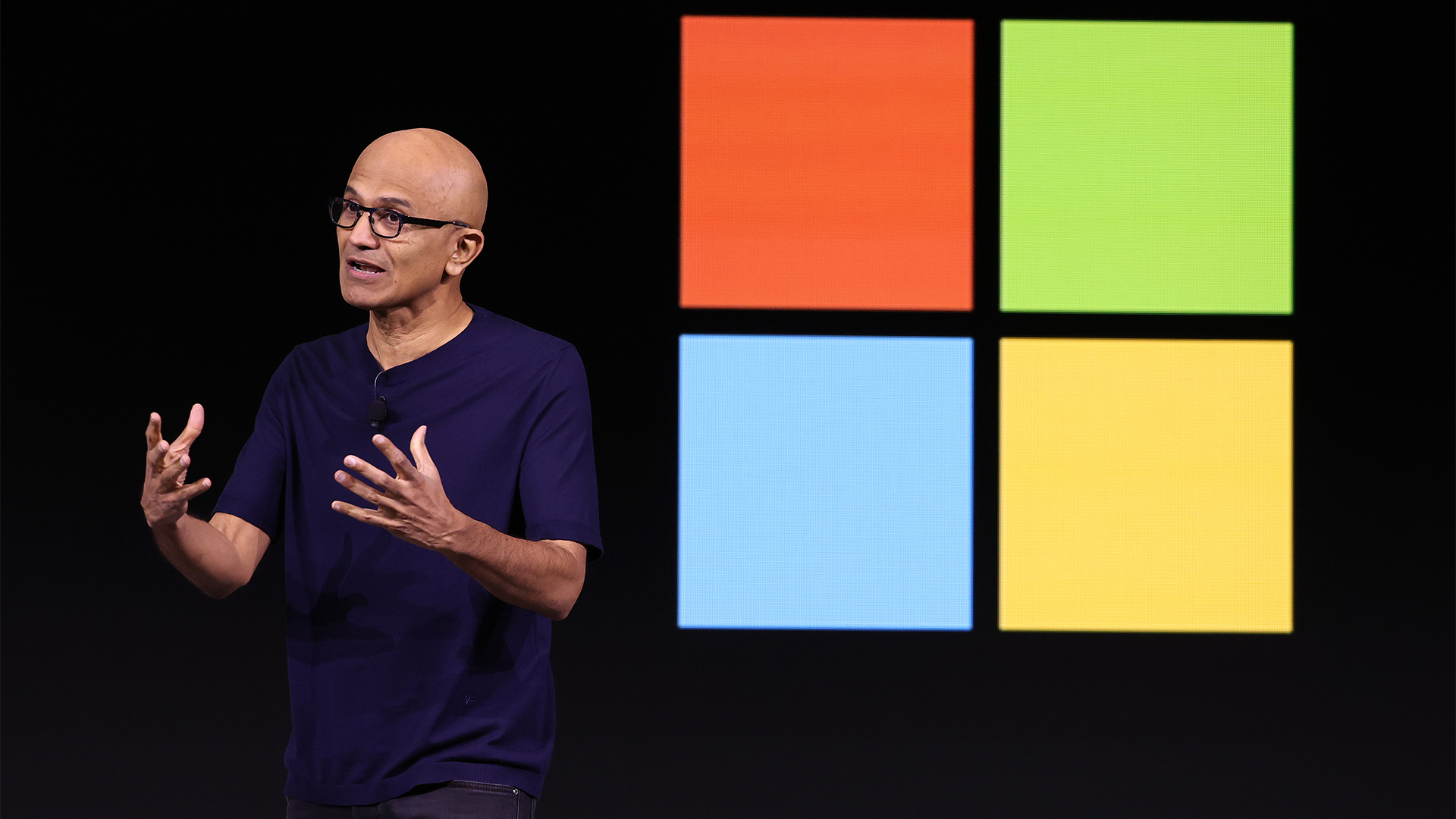 Microsoft sharpens agentic AI focus with new ‘CoreAI’ division
Microsoft sharpens agentic AI focus with new ‘CoreAI’ divisionThe new department will bring together teams from across engineering and AI
-
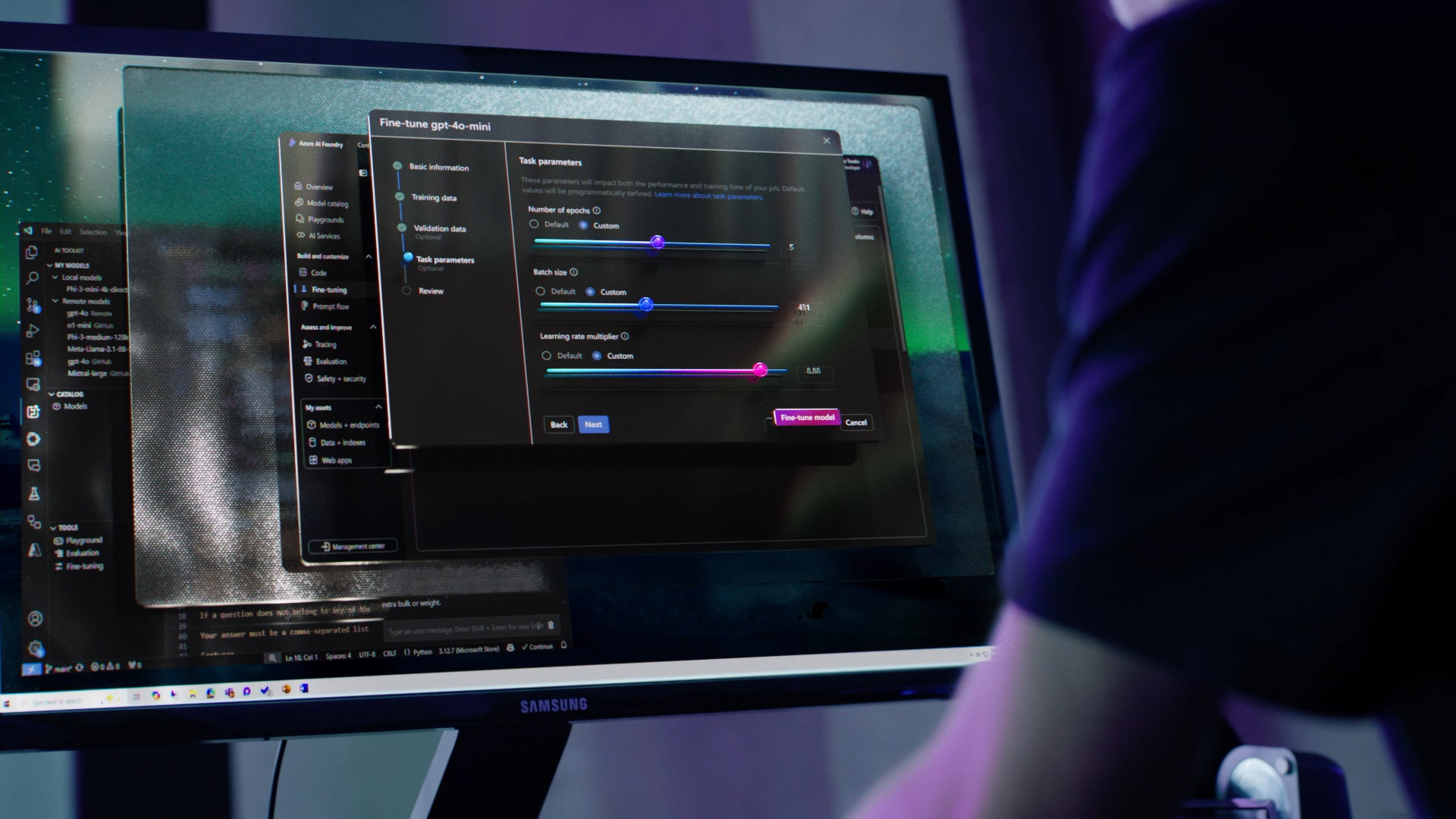 Microsoft unveils Azure AI Foundry to help businesses consolidate AI across their tech stack
Microsoft unveils Azure AI Foundry to help businesses consolidate AI across their tech stackNews The new AI application creation and management platform will integrate Azure AI Studio, and plug into popular IDEs such as Visual Studio to help developers and IT professionals drive AI adoption
-
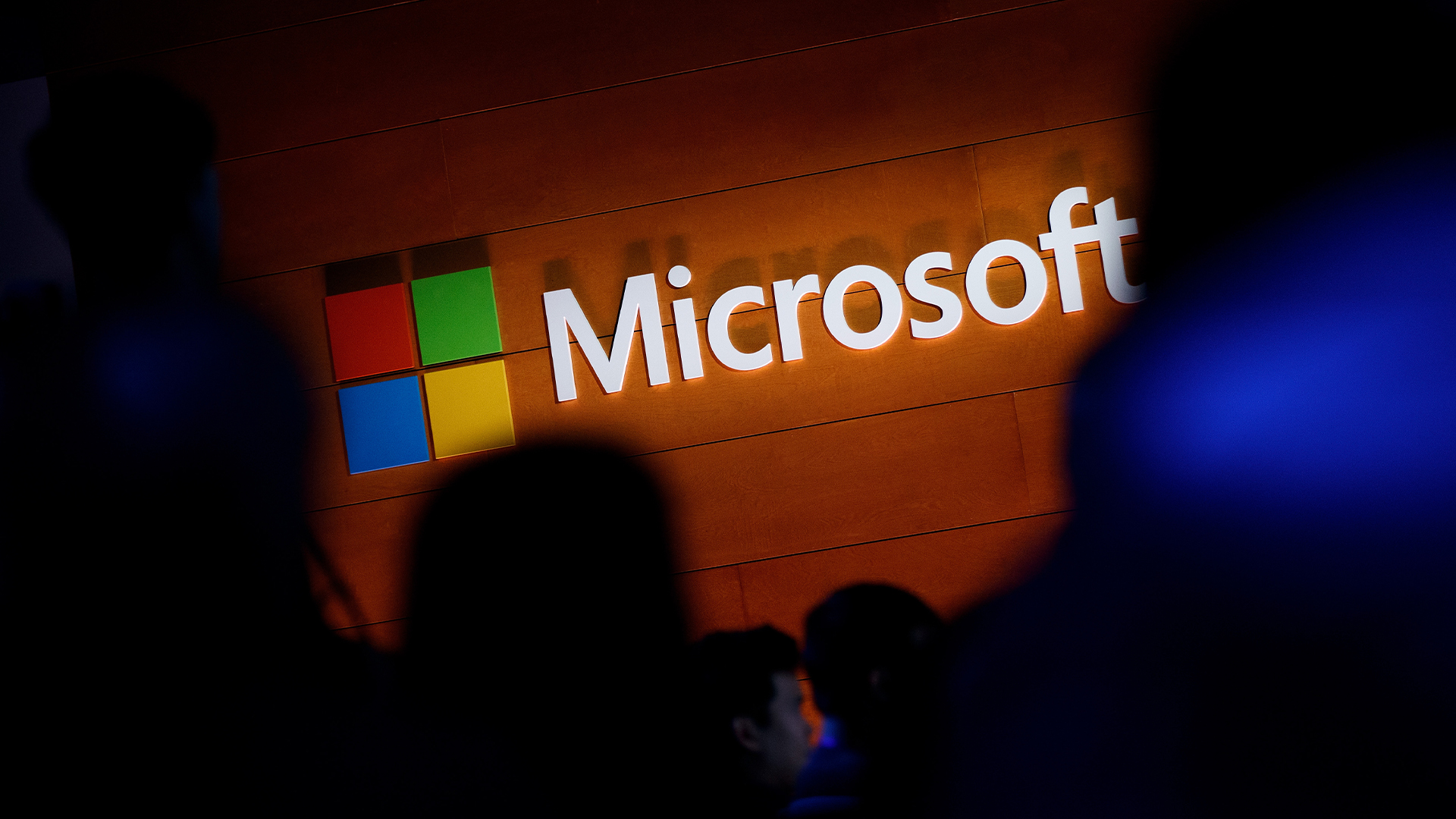 Hyperscaler AI spending is getting out of control — and Microsoft says it could take 15 years for it to make good on investments
Hyperscaler AI spending is getting out of control — and Microsoft says it could take 15 years for it to make good on investmentsNews Tech giants' results show billions being poured into AI infrastructure, but big leaps in revenue remain elusive
-
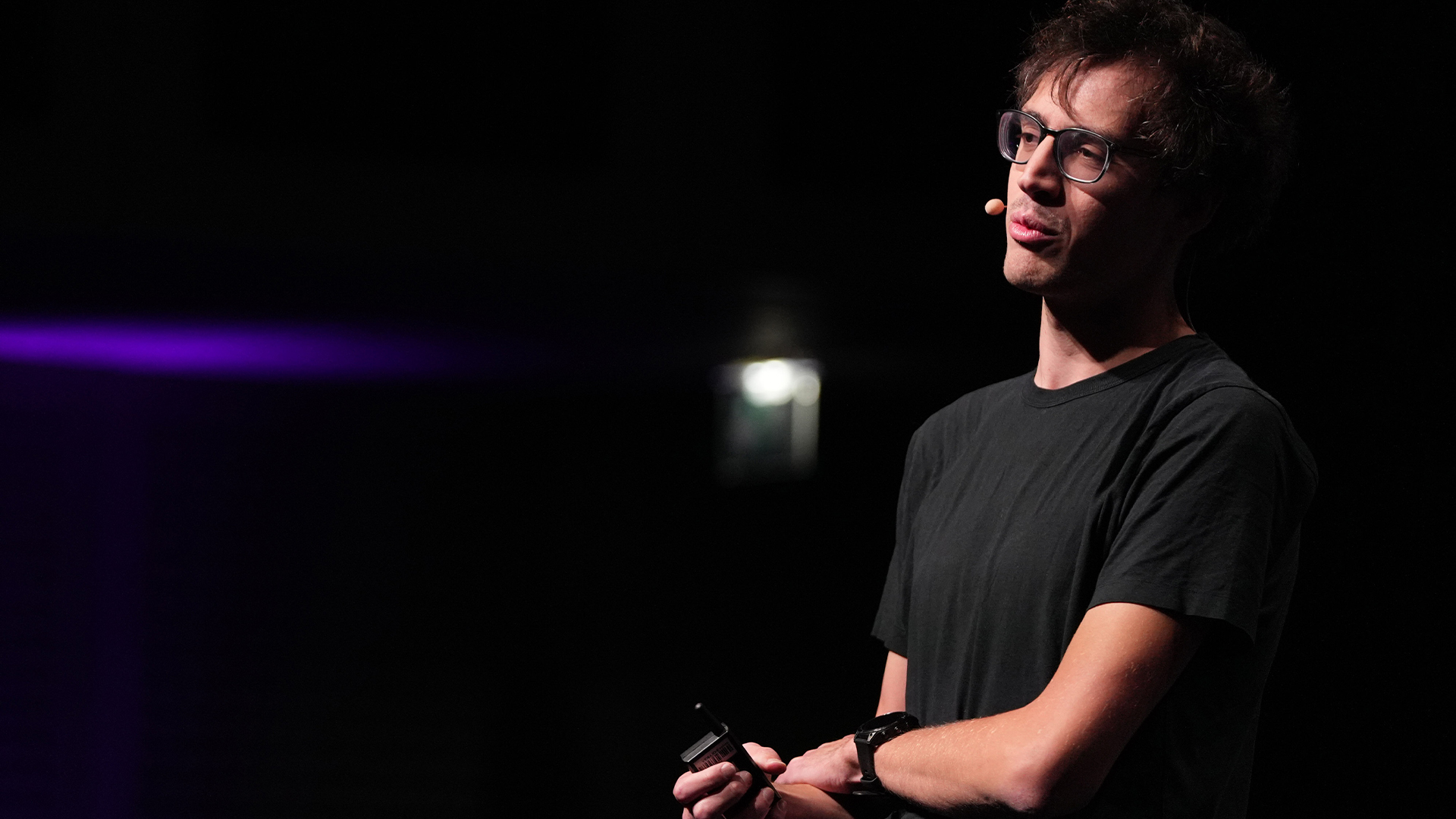 Microsoft’s Mistral AI partnership has EU regulators concerned - here’s why
Microsoft’s Mistral AI partnership has EU regulators concerned - here’s whyNews Microsoft has found its European champion in Mistral AI, but regulators worry the deal raises questions over the scope of control and influence the tech giant will have over the French startup
-
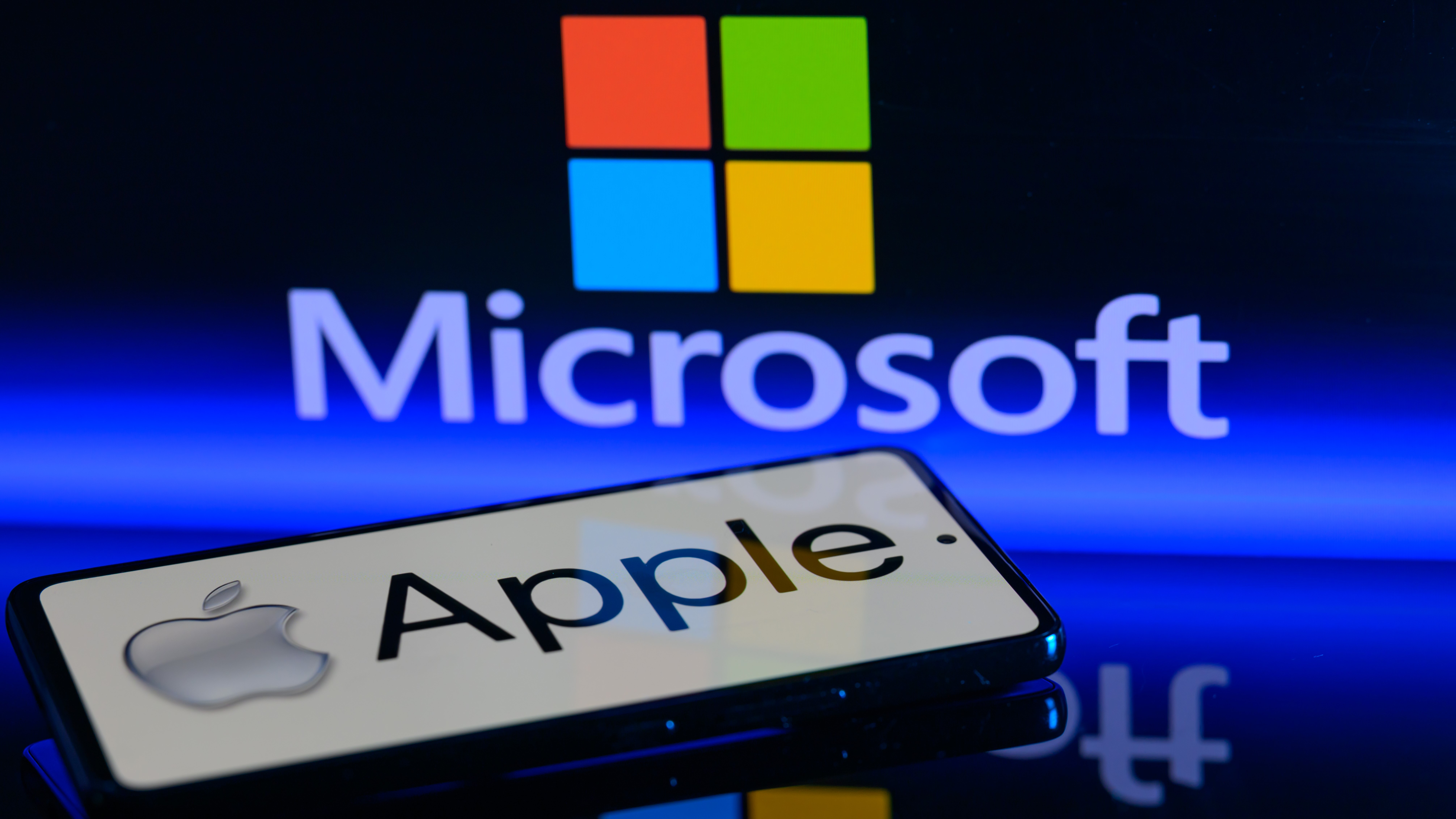 Generative AI has been the secret sauce for Microsoft as its market cap surpasses Apple
Generative AI has been the secret sauce for Microsoft as its market cap surpasses AppleAnalysis Microsoft has ramped up generative AI investment over the last year and its surging share price has been a reflection of its sharpened focus on the emerging technology
-
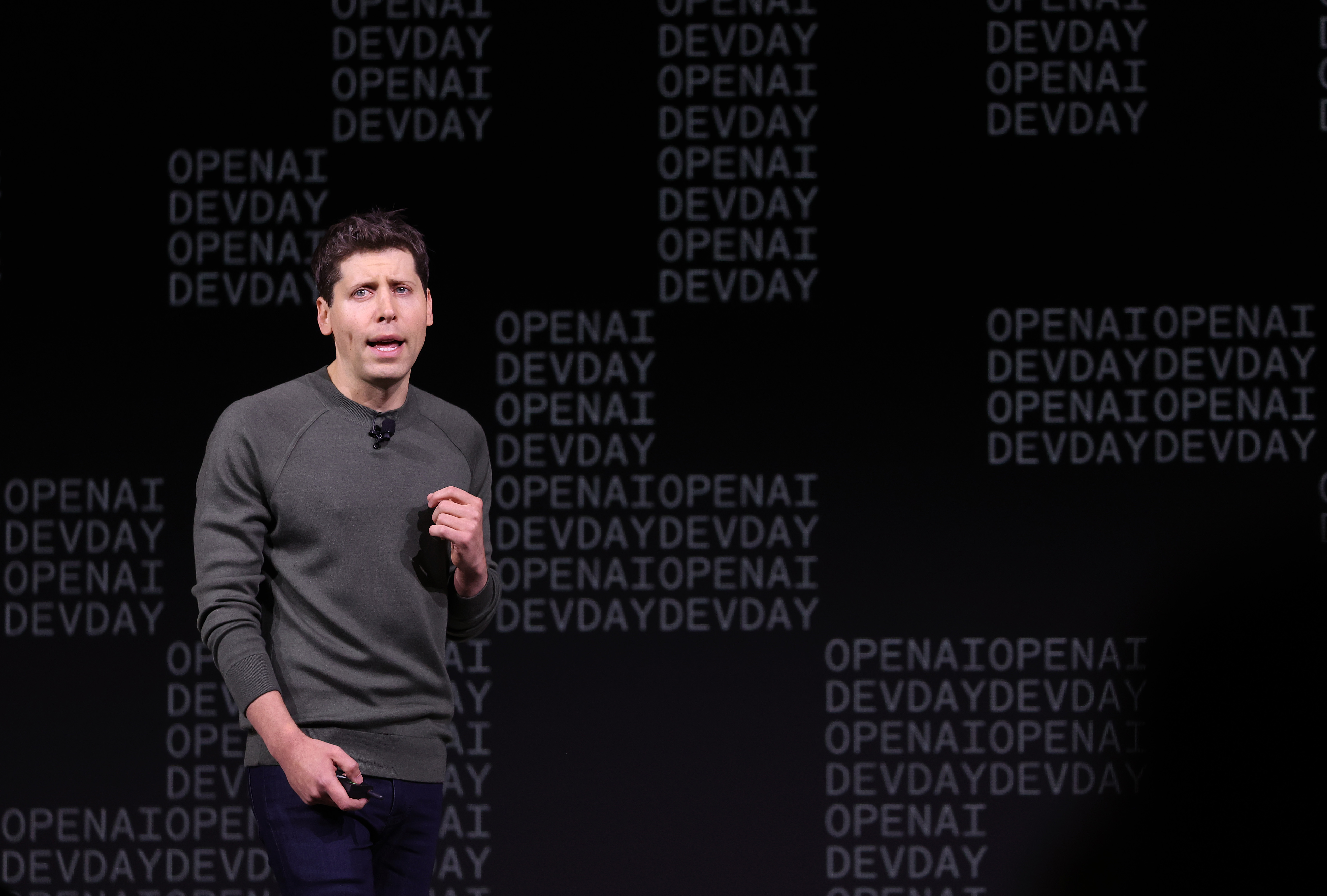 OpenAI could fast become a money pit for investors
OpenAI could fast become a money pit for investorsAnalysis OpenAI will soon have to compete on a more level footing with others in the space, after its year-long head start
-
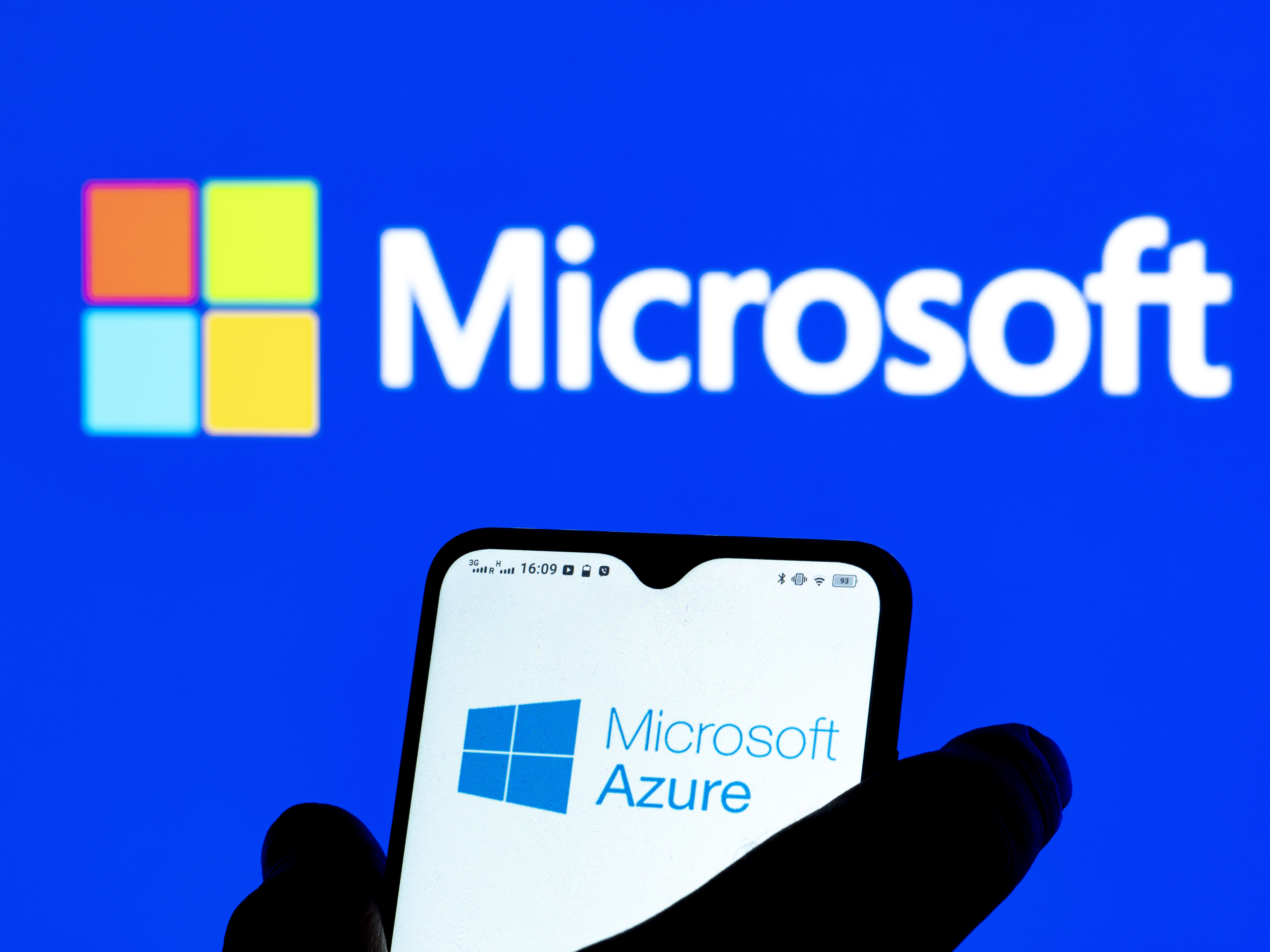 Microsoft’s latest AI move will see it open up Azure AI Infrastructure for startups training LLMs
Microsoft’s latest AI move will see it open up Azure AI Infrastructure for startups training LLMsAnalysis Opening up Azure AI Infrastructure will lower industry entry barriers for high-growth startups
-
 Big tech quarterly earnings buoyed by generative AI interest
Big tech quarterly earnings buoyed by generative AI interestNews Surging interest in generative AI appears to be underpinning recent earnings results